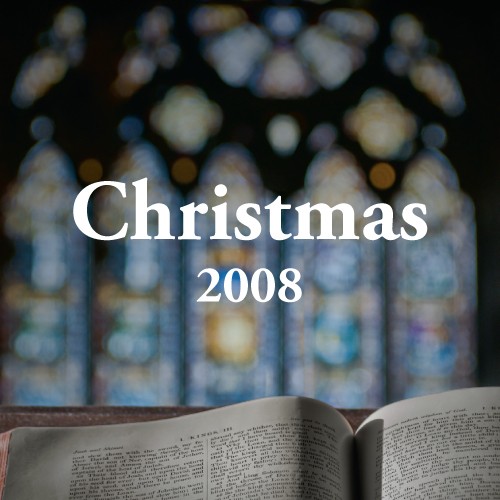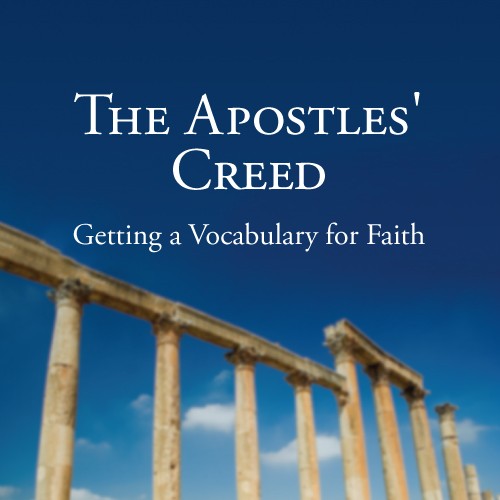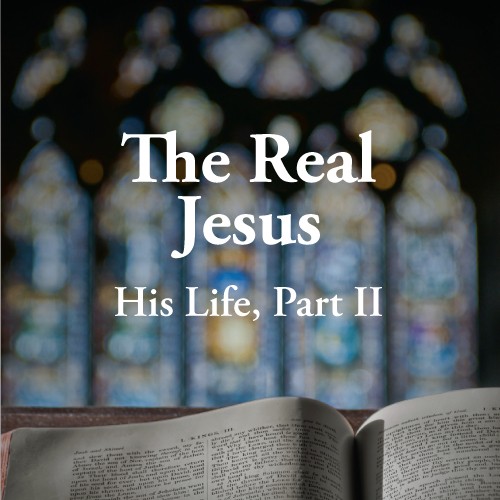
Sermon
The History of Grace
Tim Keller | December 14, 2008
Overview
Matthew begins the story of Jesus’ birth with a genealogy. And it actually tells us a great deal about what the entire Bible is about.
This one passage essentially spans a period of time that covers most of the years that are covered in the Bible itself. So what do we learn here? There’s a lot more than you may think.
We learn here 1) the gospel is not good advice—it’s good news, 2) all the best stories are really true, 3) Jesus Christ completely turns upside down the things the world values, and 4) in Christ, you get your ultimate rest.



